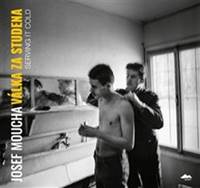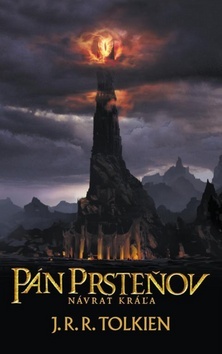Válka za studena Serving it cold
Knihu kúpite v
2 e-shopoch
od
20,09 €
Panta Rhei
20,09 €
Skladom
(dodanie do 3 dní)
Knihyprekazdeho.sk
20,09 €
Skladom
(dodanie do 3 dní)
Krátky popis
Poprvé knižně publikovaný soubor Válka za studena je podobenstvím o
kroužení kolem jádra nicoty. Fotografie ze základní vojenské služby
v Československé lidové armádě obnažují svět mužů zavlečených do
pasti, jíž je hra na vojáky. Původní postřehy Josefa Mouchy působí
s odstupem let jako přízračné schválnosti, inscenované s početným
komparsem v nákladných kulisách. Ve skutečnosti jsou záběry z
počátku osmdesátých let nepřikrášleně realistickým pohledem
zevnitř. Autorem zasvěcené předmluvy je renomovaný fotograf a
znalec historie fotografie Vladimír Birgus: „Právě komplexnost
Mouchova fotografického deníku z vojny přispívá k tomu, že jeho
fotografie vyvolávají u každého, kdo prožil základní vojenskou
službu za vlády komunistů, celý gejzír vzpomínek,“ uvádí. „Je to
mnohovrstevnatý pohled na vojenskou službu v době husákovské
normalizace, jaký svou kvalitou, rozsahem a autentičností nemá na
naší poválečné fotografické scéně obdoby. Dlouhým odstupem ještě
vynikl jeho význam, protože není jenom fotografickým deníkem
jednoho nedobrovolného vojáka, ale i zobecňujícím svědectvím o
tehdejší době i o konfliktu mezi individualitou a totalitou.“
This is the first publication in book form of the
photographic set Serving It Cold: Photographs from Basic Training
in the Czechoslovak People’s Army. It is a parable about whirling
round a core of nothingness. The photographs reveal the world of
men dragged into a trap that pretends to be a game about being
soldiers. Today, many years after they were first taken, these
original photographs by Josef Moucha seem like ghostly dirty
tricks, staged with numerous extras in expensive stage sets. In
fact, they are shots taken at the start of the 1980s, an
unembellished, realistic look from inside. The photographs are
introduced by Vladimír Birgus, a respected photographer and expert
on photography: ‘It is the complexity of Moucha’s photographic
diary from the army which contributes to his photographs evoking a
geyser of recollections in everyone who experienced compulsory
military service under Communist rule.’ ‘Unique amongst Czech
documentary photographs,’ he remarks, ‘the set provides a
many-layered view of compulsory military service in the years of
the restored hard-line Communist regime, after the crushing of the
Prague Spring reform movement in August 1968. In quality, size, and
authenticity it is unparalleled in Czech post-war photography.
[...] Their importance has become more evident with the passing of
so many years, because they are not only the photographic diary of
one conscript; they are also wide-ranging testimony about that
period and about the conflict between individualism and
totalitarianism.’

